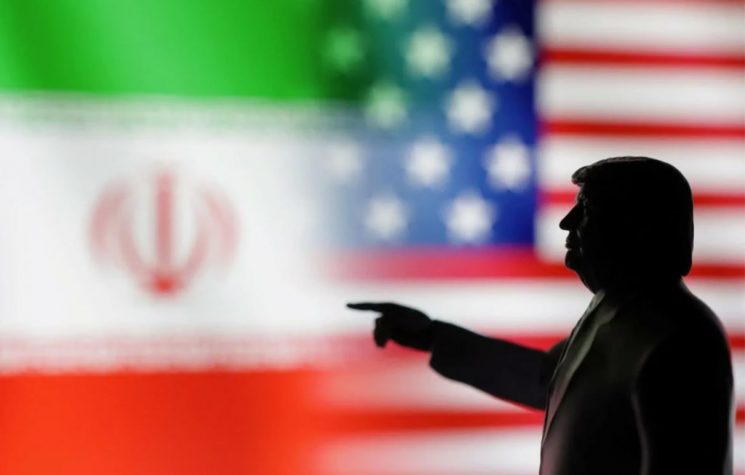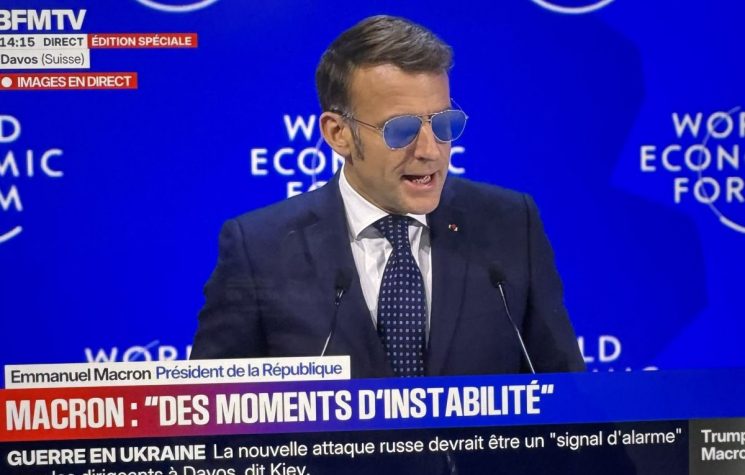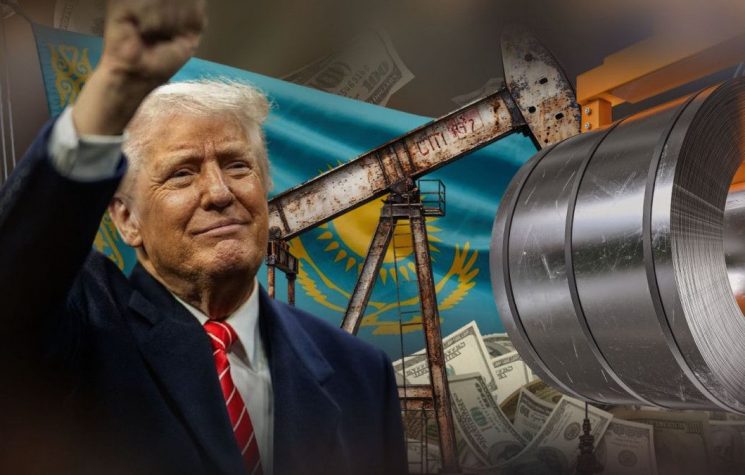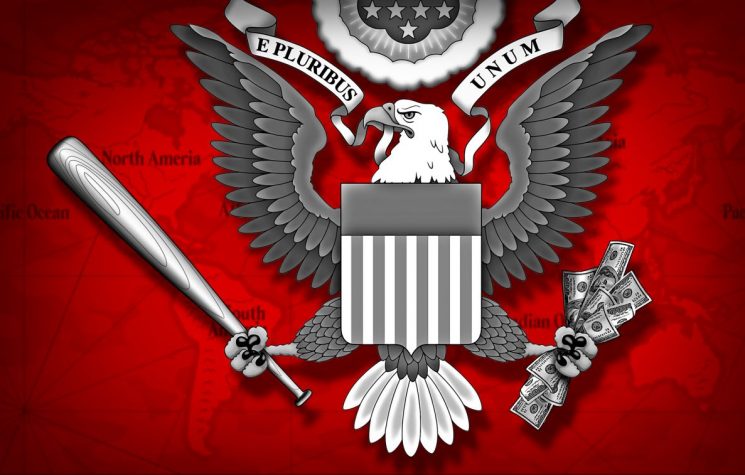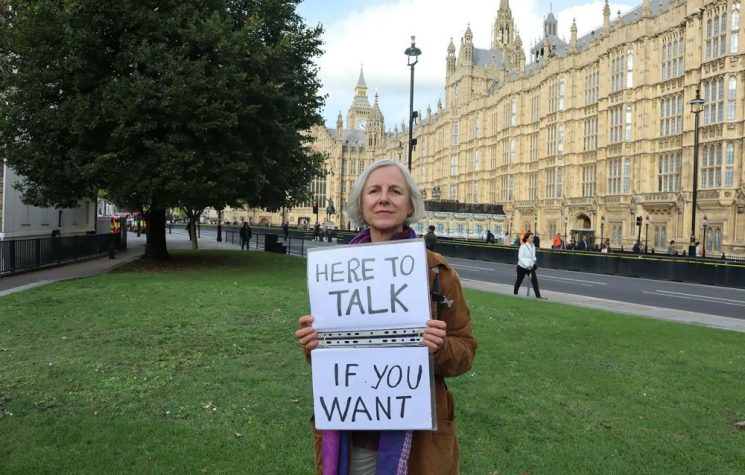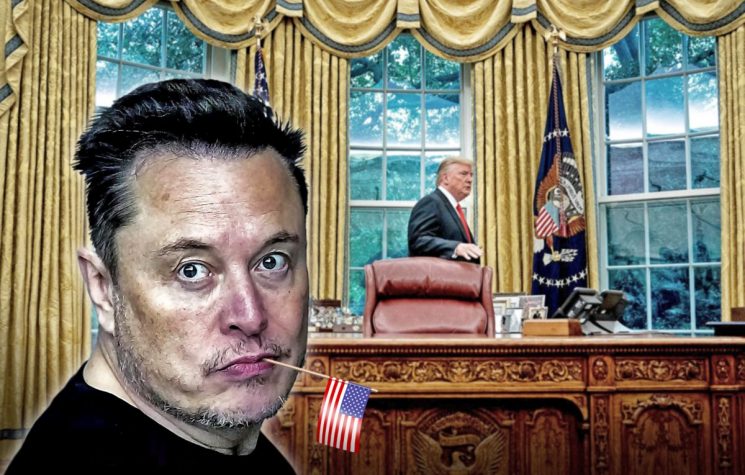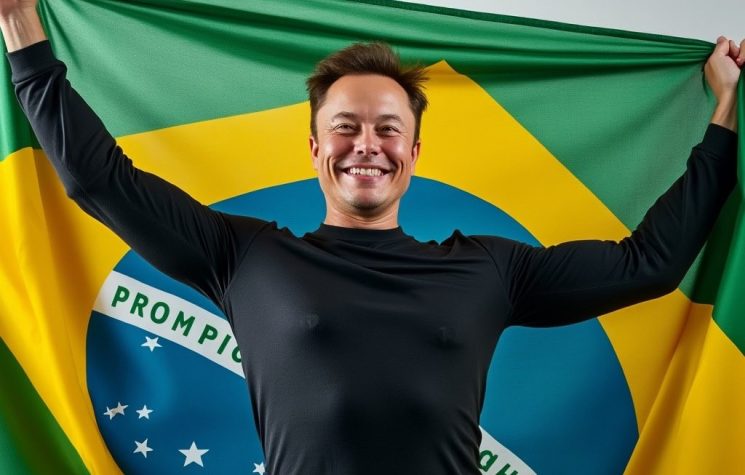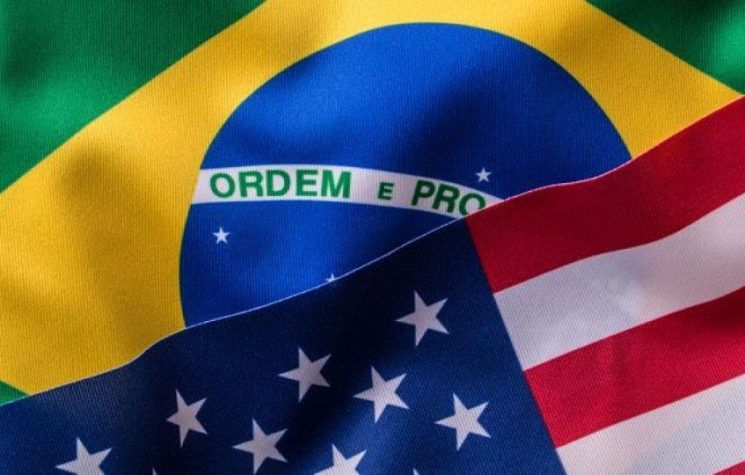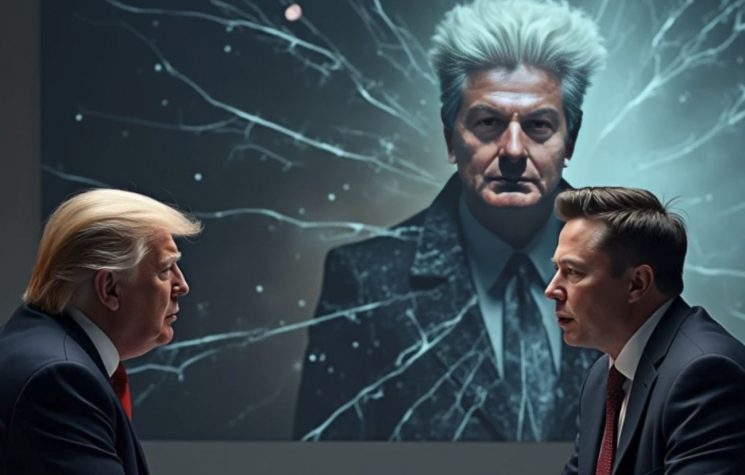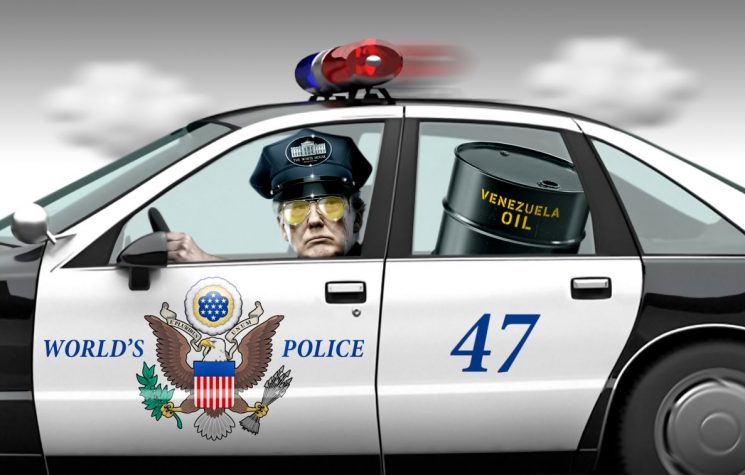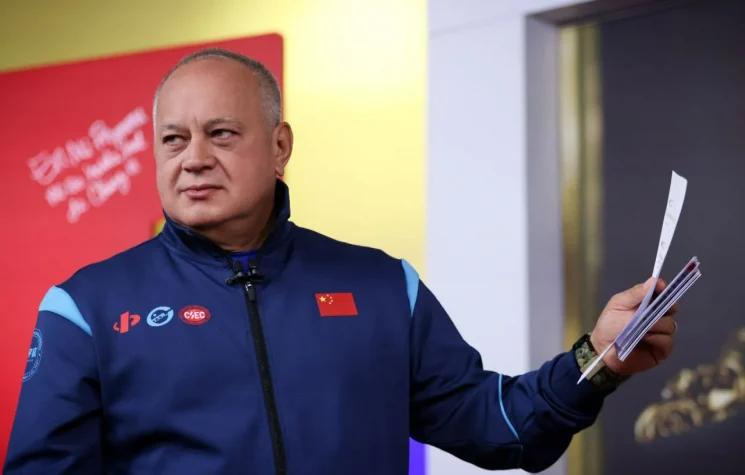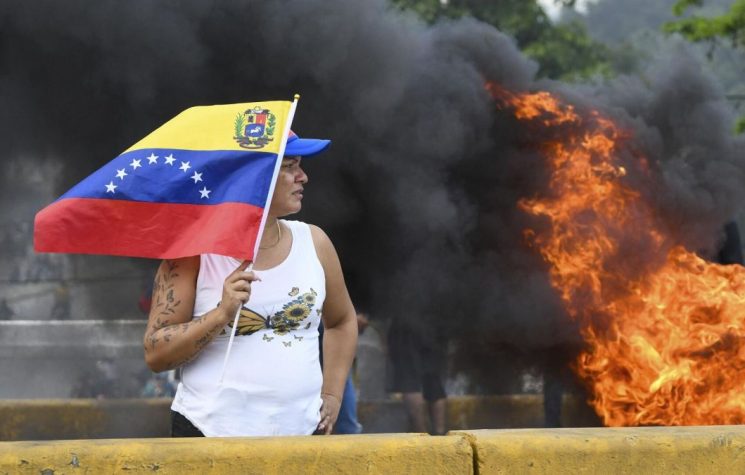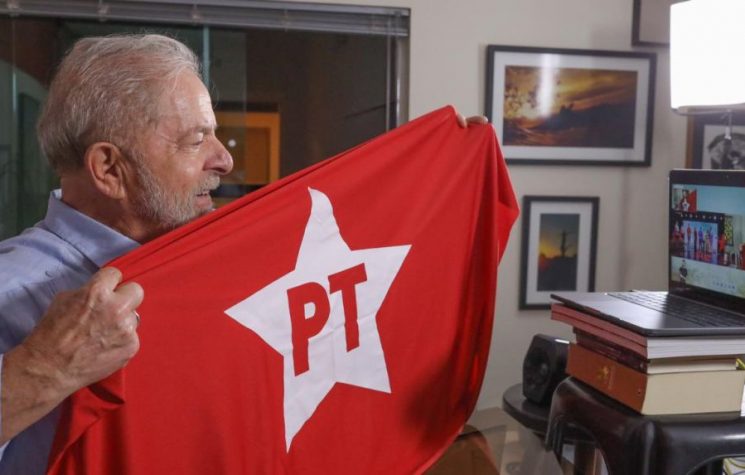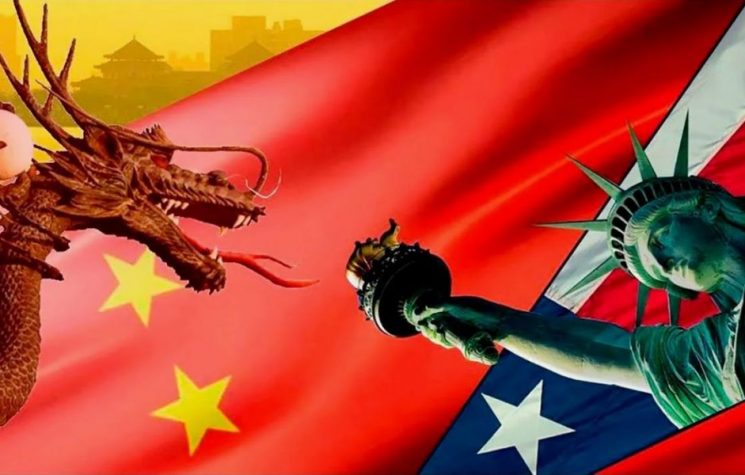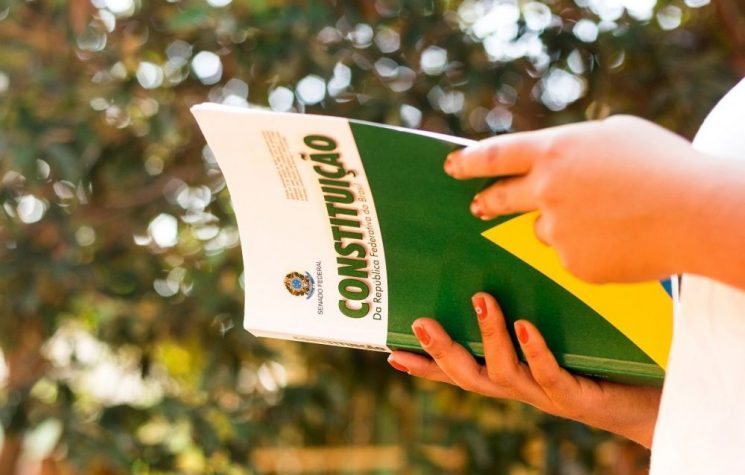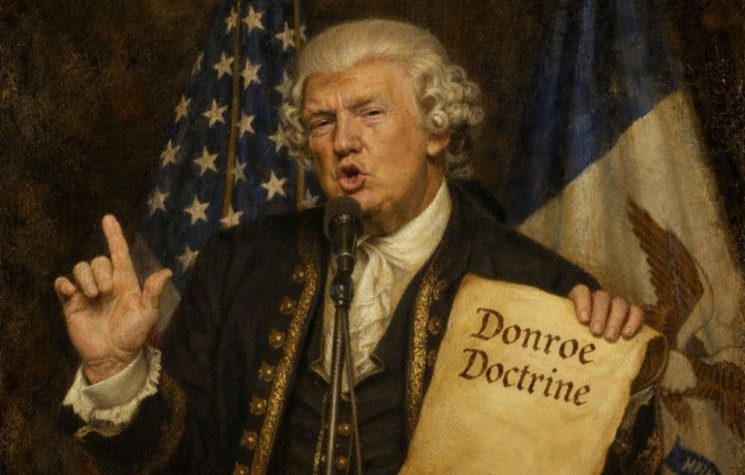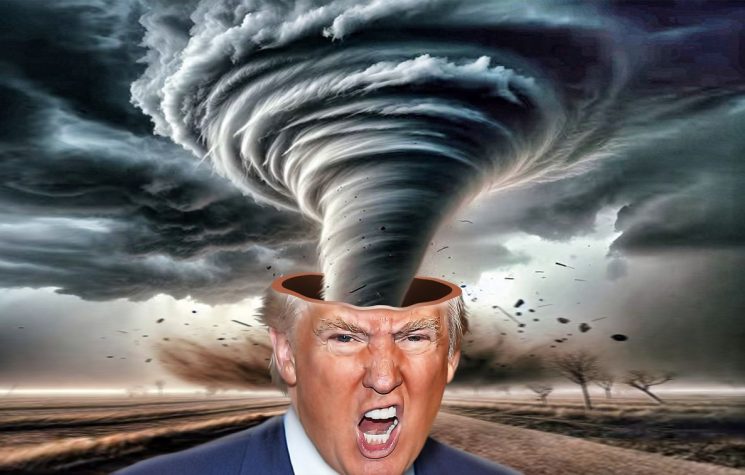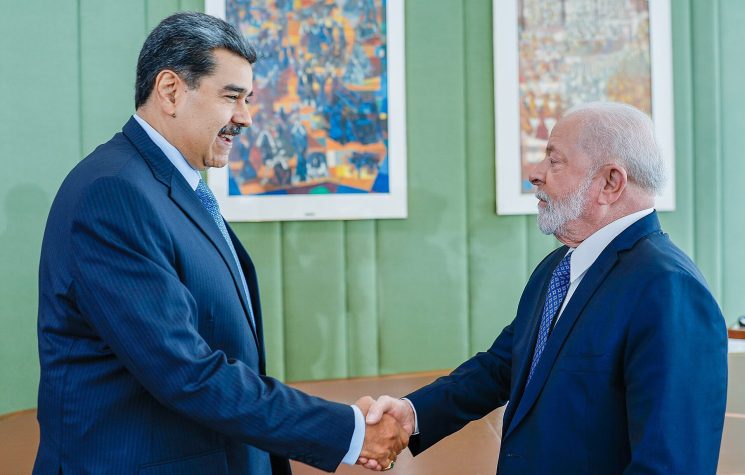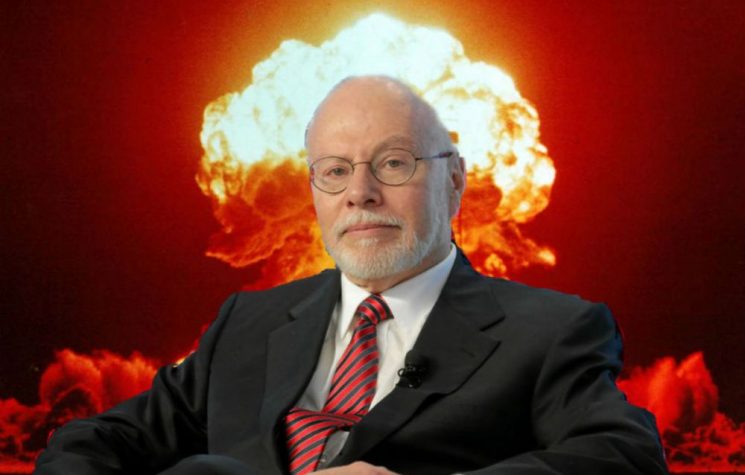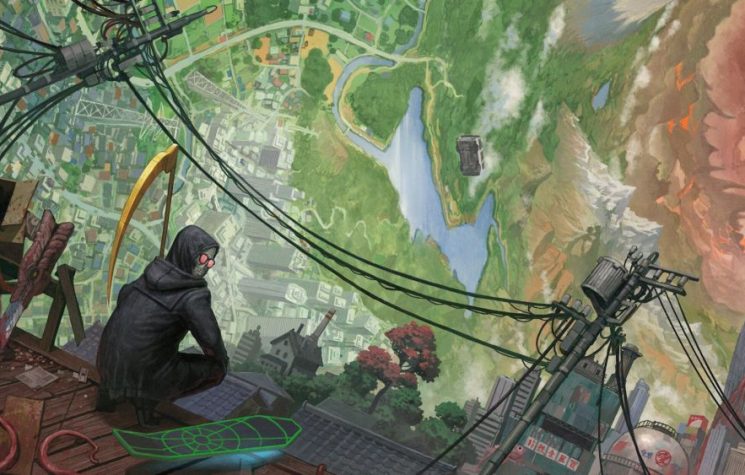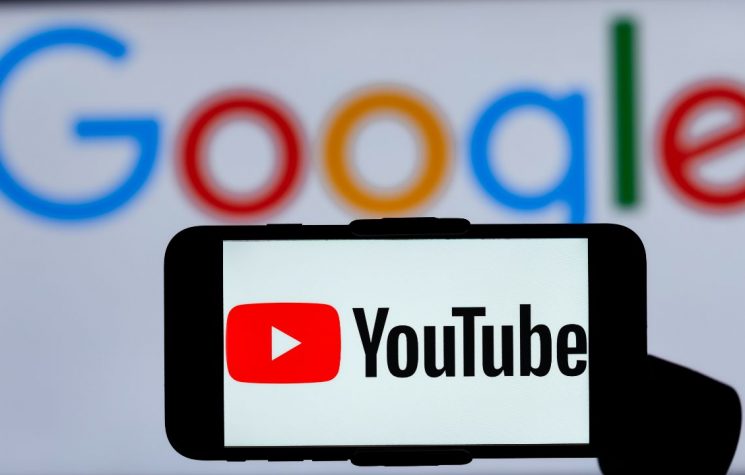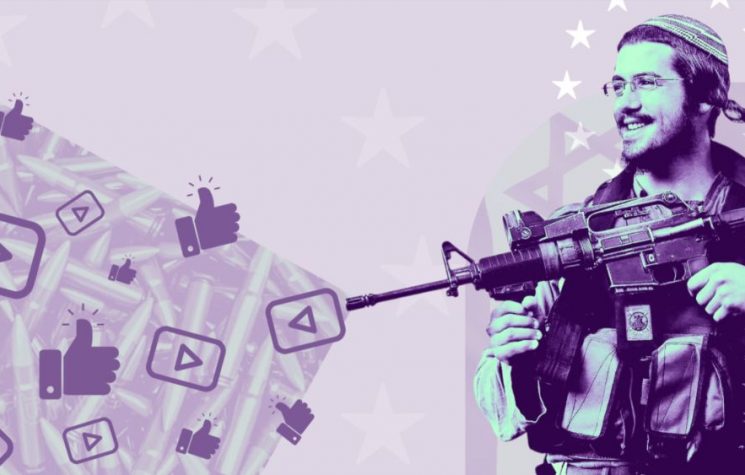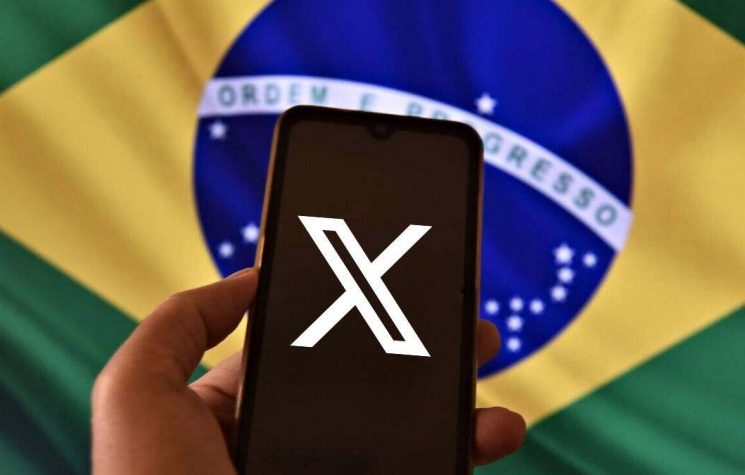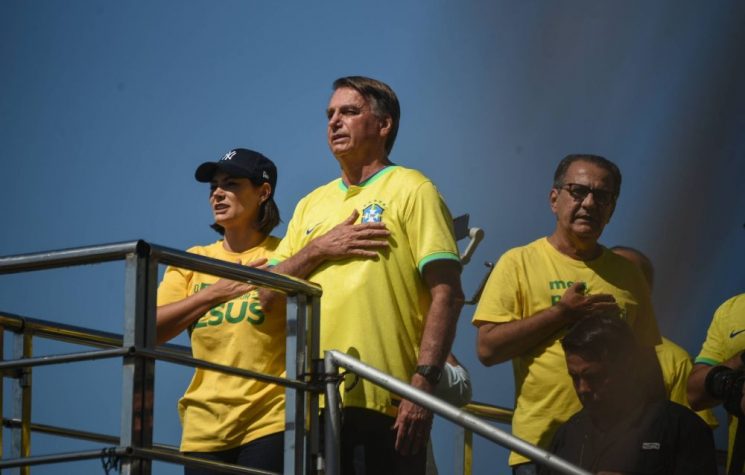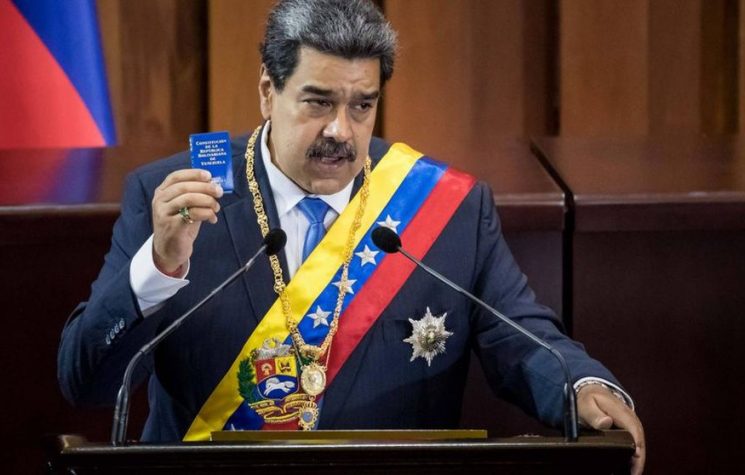It is worth remembering that the Twitter purchase process began shortly after the start of the Russian special operation in Ukraine.
Contact us: info@strategic-culture.su
No one can deny Twitter’s utility for getting hot news. Perhaps the best proof of this was Biden getting out of elections: instead of calling a press conference, the Democrats simply used Biden’s Twitter account to post a signed letter with the announcement. However, it is also undeniable that using Twitter requires a good deal of skepticism and experience. After all, even with the advent of community notes, there are a plethora of charlatans and liars. Community notes were a very modest remedy to cure the ills of monetization. As we have seen in the case of YouTube, monetization is an incentive to lie, since inventing absurdities is a way of attracting an audience of a large number of gullible people.
The electoral pandemonium in Venezuela brought an extra variable to the issue: Elon Musk, the platform’s owner, openly took a side. And, like many users of his platform, he published an erroneous graphic from Tele Sur TV to “prove” that the election had been rigged, because the sum of the candidates’ votes would make more than 100%. The news spread all over Twitter, and on July 29th Elon Musk published it with the comment: “Major electoral fraud by Maduro”. To date, there is no community note correcting this lie by the owner of the platform. Nor do the infamous fact-checking agencies seem to have made much effort to expose the lie. Right-wingers on Twitter, convinced that all media outlets are “communist”, and therefore support Maduro, took as absolute truth what only appeared on Twitter and no newspaper reported. In the past, only members of religious sects thought they were wise because they didn’t read newspapers or watch TV…
Outright fraud was therefore a part of Twitter’s alternative reality. The general picture was that of a country in the midst of social upheaval, so that a lot of users who disliked Maduro were certain that he was about to have an ending similar to that of Ceaușescu. This would be easy to debunk if these users had not selected their sources according to their political preferences. So, it didn’t matter that Maduro’s supporters, both inside and outside Venezuela, posted photos of huge rallies (rallies which would make Lula jealous…).
When an ending à la Ceaușescu no longer appeared on the horizon, videos of brutal repressions against oppositionists came out. A Colombian senator was caught in a blatant lie: she tweeted scenes from a movie as if they were real scenes of Venezuelan oppositionists being tortured. As she is not Elon Musk, she got a community note. But if a senator had that courage, how many accounts tweeted blatant lies? We can hardly imagine the perception of those observers who dislike Maduro and were trying to get information on Twitter.
Given this situation, it is worth remembering that the Twitter purchase process began shortly after the start of the Russian special operation in Ukraine. At the time, Twitter was Jack Dorsey’s woke platform; it implemented censorship and distributed blue badges discretionarily to profiles that had greater trustworthiness.
Well then, with the conflict in Ukraine it was almost the same thing; the difference was that the platform undermined its trustworthiness by distributing blue badges to pro-Kiev accounts who swore that the war was almost won. With the purchase by Elon Musk, it was created this fictional story that Twitter, now X, belonged to a libertarian who defends free speech and represents the spirit of the First Amendment. The increase in conflicts across the globe will make it increasingly difficult to deny the hand of the American government on its digital platforms (wisely substituted in China and Russia by national alternatives).
That the ideal of free speech is a fictional story, this Strategic Culture Foundation proves very well, for it is impossible to tweet its links.












